Expertise and Outcomes
EXPERTISE AND OUTCOMES
University Hospital participates in Get With The Guidelines® – Stroke, a hospital-based program of the American Heart Association/American Stroke Association for improving stroke care by promoting consistent adherence to the latest scientific treatment guidelines. In 2023, for the eleventh year in a row, University Hospital received recognition for Gold Plus Achievement for successfully meeting or exceeding research-based standards for the diagnosis and treatment of stroke patients.
To achieve “Gold Plus” recognition, a hospital must reach an aggressive goal of treating patients with 85 percent or higher in each of seven stroke achievement measures as outlined by American Heart Association/American Stroke Association for 24 months or more. In addition, the hospital must demonstrate 75 percent consistent compliance with four out of seven additional quality measures.
GWTG-Stroke’s Target: StrokeSM Honor Roll award recognizes hospitals that rapidly treat ischemic stroke patients with the critical clot-busting drug tPA (tissue plasminogen activator). Most ischemic strokes are caused by the blockage of a brain artery by a clot and tPA can be given intravenously to break up the clot and restore normal blood flow to the brain. To be effective, tPA must be administered within 4.5 hours of the onset of stroke symptoms; and the sooner it is administered, the more effective this treatment is in achieving excellent outcomes, defined as patients experiencing mild or no disability at 90 days from the stroke. Once a patient arrives in the hospital, tPA should be given within 60 minutes of arrival.
University Hospital was recognized in 2023 with the Target: Stroke Elite Plus award for administering tPA to eligible stroke patients within 60 minutes of arrival at the hospital at least 85% of the time, within 45 minutes of arrival at least 75% of the time and within 30 minutes of arrival at least 50% of the time during a 12-month period. In 2022 and into the first quarter of 2023, we exceeded this target, and we increased the percentage of patients who were given tPA within 30 minutes.
In 2022, our average tPA administration time was 39 minutes. In the first quarter of 2023. the average time was only 36 minutes, a time which has significantly improved from 2022.
![]()
![]()
For certain patients, physical removal of the blood clot causing the stroke becomes necessary. As a Comprehensive Stroke Center, trained doctors (endovascular surgeons) are available 24/7 to thread a catheter through an artery in the groin or arm up to the blocked artery in the brain, allowing the direct, mechanical removal of the clot. This is called “mechanical reperfusion” or “catheter based reperfusion”. This procedure can be done for some patients up to 24 hours from the time the patient is known to be normal or at baseline function. At University Hospital we have a high success rate with mechanical reperfusion. In 2022 and early 2023 (January to March) our specialists were able to remove the clot and re-establish substantial blood flow 88.4% of the time that mechanical endovascular reperfusion therapy was performed on eligible ischemic stroke patients.
Opening a blood vessel with intravenous tPA or by catheter-based reperfusion carries a small risk of hemorrhage with worsening of the stroke (symptomatic hemorrhage). According to the original large study which led to the approval by the FDA for the use of IV tPA for acute stroke, the symptomatic hemorrhage rate for IV tPA treatment should be less than 6.2% per year. In each of the last five years, our symptomatic hemorrhage rate and or other complications, whether patients were treated with intravenous tPA, catheter-based reperfusion, or both, ranged from 0% to 3.0%.
It is critical that the public becomes familiar with the signs and symptoms of stroke, and that someone calls 9-1-1 immediately. University Hospital has extensive experience in treating stroke patients with removing clots safely. The number of catheter based endovascular reperfusion procedures has increased over the past few years. In 2018 we treated 36 patients with this procedure; in 2019 the number was 70, and in 2020 it was 100 patients. In 2021 we treated 76 patients and in 2022 we treated 75 patients.
![]()
OTHER EARLY TREATMENTS FOR STROKE
University Hospital’s team of experts includes surgeons who specialize in stroke treatment. Procedures include:
- Carotid Artery surgery or stents
- Cerebral Aneurysm surgery
- Treatment of Arteriovenous Malformations (AVM)
- Surgery to relieve pressure on the brain from very large ischemic or hemorrhagic strokes
All data presented on this website is University Hospital’s independent analysis of data gathered using the Get With The Guidelines Patient Management Tool.TM It is not an analysis of the national Get With The Guidelines dataset and does not represent findings from the AHA Get With The Guidelines National Program.
